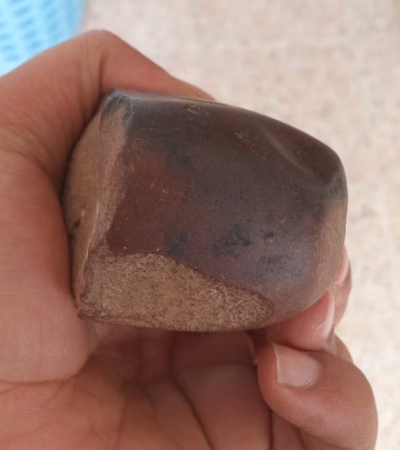The Syrian metals market is witnessing a notable shift, driven largely by an increase in natural gas rents, which rose from 0. 19% of GDP in 2009 to 1. 52% in 2015. This surge indicates a shift in energy resource dependency and an opportunity for metals producers to capitalize on energy cost stability. However, oil rents have declined significantly from 2. 96% of GDP in 2009 to just 1. 97% in 2015, suggesting a need for diversification within the metals industry to mitigate risks associated with fluctuating energy prices. A critical challenge lies in the high electricity production from gas sources, now at 68.
6% of the total, emphasizing the need for enhanced energy efficiency and alternative energy exploration. The time required to access electricity remains stagnant at 71 days, posing logistical challenges for new entrants and existing players aiming to expand operations. Strategic investments in infrastructure could bridge these operational gaps and bolster production capabilities. Comparatively, Syria"s GDP per capita has seen a decline, indicating economic contractions that could stifle domestic demand for metals. The GDP per capita in constant 2015 US$ dropped from 1,526 in 2010 to 847 in 2015. Despite these challenges, the metals market can leverage Syria’s strategic position and abundant resources to enhance exports, particularly within the Middle East and North African regions. Amid these dynamics, Aritral. com emerges as a pivotal ally for businesses navigating the complexities of Syria"s metals market.
As an AI-driven B2B platform, Aritral simplifies international trade in commodities and raw materials. Services such as Product Listing and Global Sales Assistance empower businesses to connect directly with key suppliers and exporters, facilitating smoother market entry and expansion. By leveraging Aritral"s offerings, companies can optimize their market strategies and drive growth in the evolving Syrian metals sector. "


